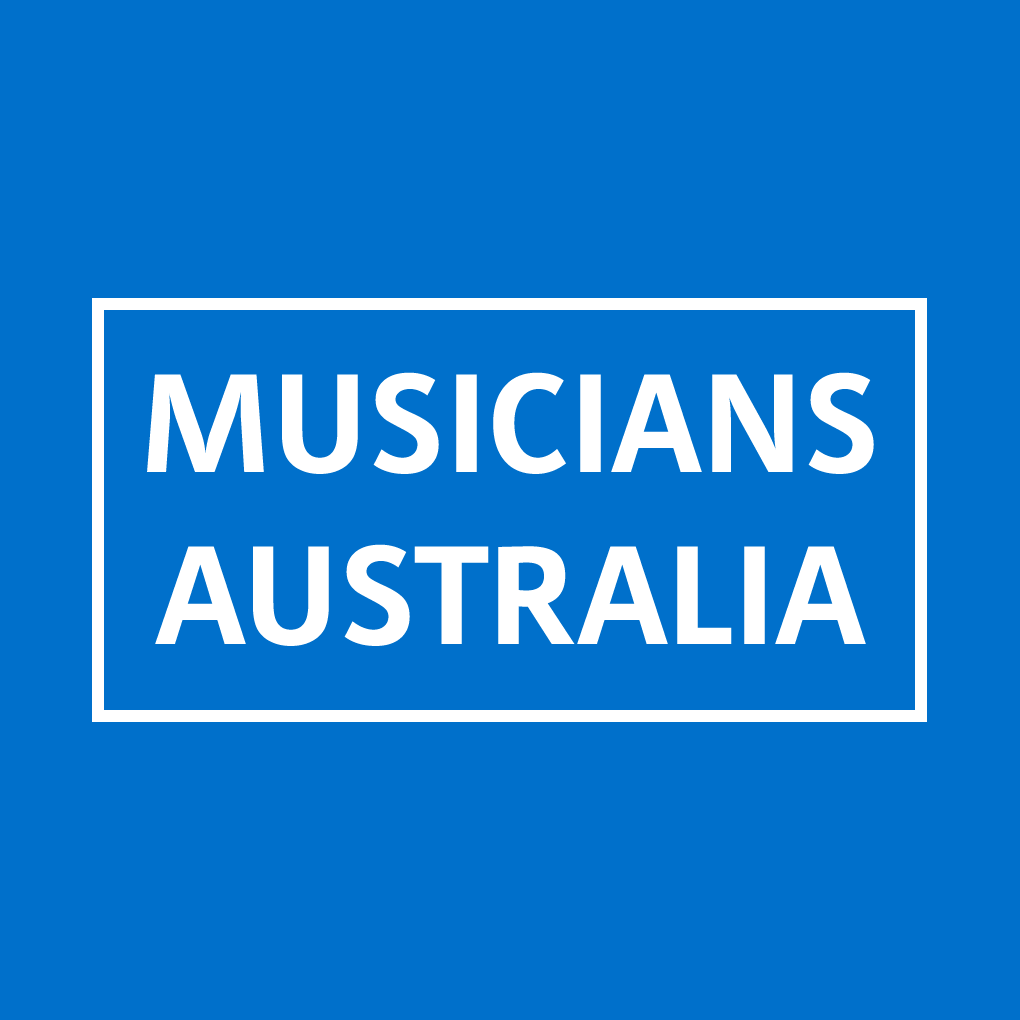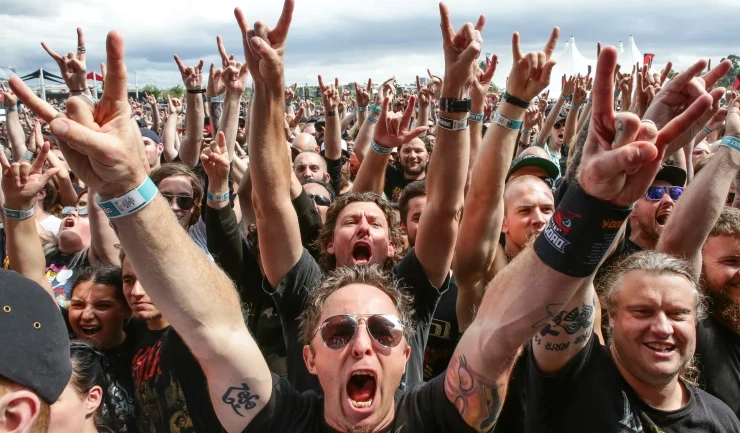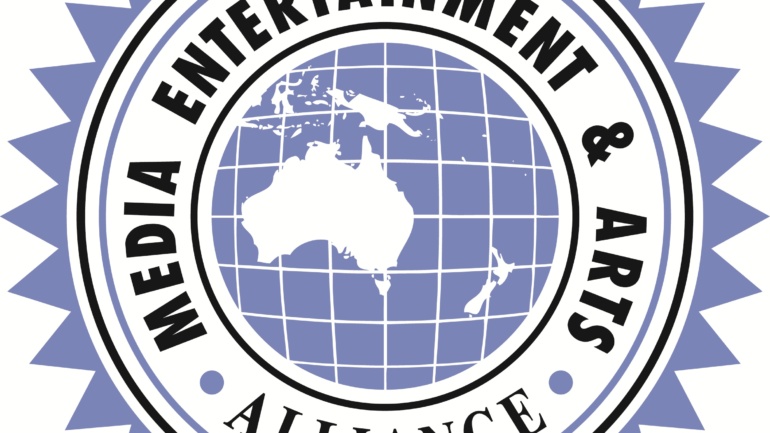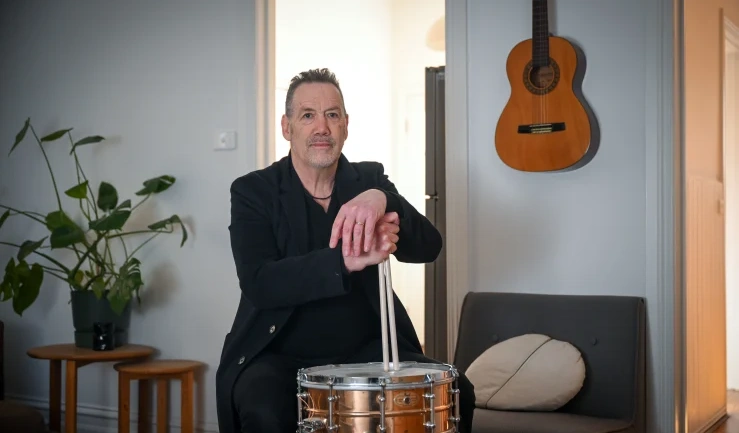Source: Sydney Venue Paid Bands As Little As $1 To Perform (pedestrian.tv)
A PEDESTRIAN.TV investigation has uncovered multiple bands were paid ridiculously low fees, some as little as $1, for their performances at shows costing punters $35 at the prestigious Sydney venue Factory Theatre. The same venue received more than half a million dollars in NSW Government funds throughout FY2021-2022.
Owned by live music giant Century Venues, the Factory is a stalwart of Sydney’s Inner West music scene. Gig-goers will almost certainly have moshed there or at its sister venues – Century also owns the Enmore Theatre, Metro Theatre, Manning Bar, Comedy Store, and The Concourse.
Now, interviews and corroborating payment documentation provided to us by local Sydney bands have revealed that Factory Theatre made dismal payments to several emerging acts who performed at its Sunday Setlists mini-festival series, which ran from late 2020 until early 2023.
One 10-band lineup in October 2022 sold nearly 140 tickets at $35/each, generating more than $4.8k in ticket sales alone.
Four of these bands were paid less than $15 for their half-hour original sets.
Metalcore outfit Engraved was asked to invoice $1 for their performance – a grand payout of 20 cents per member.
Engraved’s frontman Dan Varvarian said while the gig was valuable live experience after the crushing 2020 lockdown, the revenue split should have been fairer – particularly considering the reasonable sales and the costs shouldered by bands.
“There’s a lot of time that goes into it… there’s a lot going on behind [the scenes],” he told PEDESTRIAN.TV. “They’ve got to be looking out for their live bands more.”
Joss Taylor, bassist for post-punk act such big water, told us he was shocked to see his band allotted $3.75 for their November 2021 performance. “We were like, ‘what’s the point?’”
While the gig sold 55 tickets, Joss and his bandmates’ pay only just exceeded one-tenth of a single $35 ticket price. “We could have made [more] money cleaning up cans off the floor,” he said in an episode of music podcast The Plug.
“There’s got to be something wrong with the system here for us to be paid this [little],” he said to PEDESTRIAN.
Singer-songwriter Dylan Lee, whose indie rock outfit Polar Eyes pocketed $93 for their October 2022 set, said even these amounts failed to cover bands’ costs, let alone allow individual musicians to collect a wage.
“If you go [rehearse] somewhere, you probably pay $60-$70 for three hours. You do that two or three times before a bigger show, that’s $200,” he told PEDESTRIAN.TV. “A lot of bands are young, they pay rent, pay for groceries, that’s getting more expensive every day.”
Documentation shows lesser-attended gigs had some acts receiving zero payment whatsoever.
How did this happen?
Bands attributed these low payments to a venue-weighted ticket revenue split, combined with an unusual system that allocated artists’ pay by the usage of band “codes” entered by punters buying tickets online.
Venue performance agreements outlined how the $35 tickets were divided into a $5 venue charge; two built-in $10 venue drink or food vouchers; and a $10 artist fee.
Crucially, if attendees entered a band’s code at checkout, only that band would receive the $10 ticket cut – despite audience members potentially watching and supporting every act.
When coupled with a $275 sound tech fee deducted equally from bands’ ticket cuts, acts with few of their codes used at checkout could be left with tiny payouts.
Century Management’s written response to us stated that this system was made clear to audiences. However, neither the available Sunday Setlists Facebook event pages nor a 2023 ticketing landing page explicitly stated the payment implications of code usage. Instead, they contained vague phrases alluding to ‘support[ing] your favourite artist.’
Many acts we interviewed had previous positive experiences at the Factory and appreciated the pandemic-era gig opportunity. Nonetheless, they felt this payment system undermined the venue’s “commitment to nurturing emerging performers” by unnecessarily pitting bands against each other and dishing out grim fees.
“It shouldn’t feel competitive, everyone’s in it for the same reason,” Dylan Lee said. “You want to play music with people, to your friends.”
The statement from Century Management said it acknowledged artists’ concerns, and highlighted other bands’ positive experiences playing Sunday Setlists.
It also defended the ticketing system as a measure designed to support live music with limited capacity shows and “ensure the returns were fair and proportionate between the bands”. Pointing to high program costs during COVID, it said that “the overall costs that went in to running the [Sunday Setlists] program far exceeded the revenue that it generated.”
Wait, where did the Government’s money go then?
Short answer, we’re not sure. Century didn’t respond to our questions regarding grants.
However, public records show that Factory Theatre received $661,696 in “COVID-19 support” from Create NSW in FY2021-2022.
Create NSW confirmed to PEDESTRIAN.TV that this allocation was part of the Performing Arts COVID Support and Relaunch packages, designed to “ensure that the performing arts remains financially viable” through COVID.
Across its multiple Sydney venues and head office, Century Venues received nearly $7.5 million in public “COVID-19 funding” over this period.
Australia has no laws mandating minimum fees for freelance musicians, even if the venue receives government funding. Ouch. With 86 per cent of Australian musicians freelancing, that’s a regulatory black hole.
“Unpaid gigs, underpaid gigs, and late payments are rife in this industry,” says Elise Chidiac, an Organiser for Media, Entertainment & Arts Alliance (MEAA) / Musicians Australia – the union covering freelance working musos.
“Since COVID, with millions of dollars worth of live music funding going into the industry, we need to seriously ask ourselves where this money is going, who is actually doing the work, and who should be paid for it?”
As for the bands, bassist Joss Taylor puts it simply, “You come out at the end of that, and you’re like, ‘I don’t feel nurtured at all.’”
Jaspar McCahon-Boersma is a freelance writer living on Gadigal land.
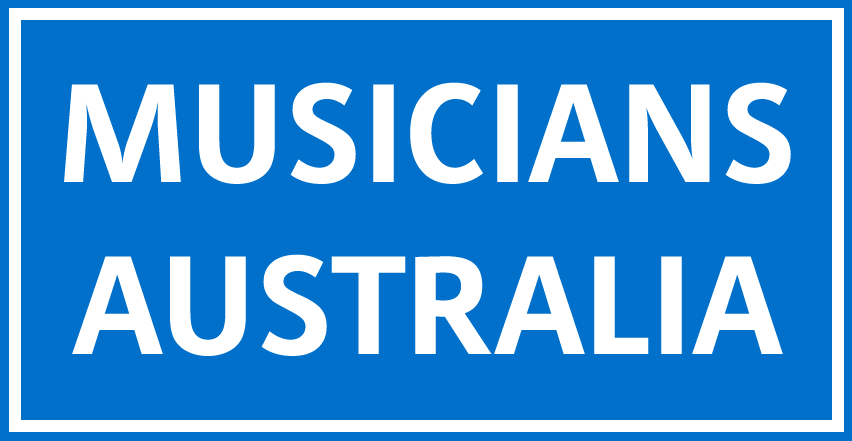
 Already a member?
Already a member? 